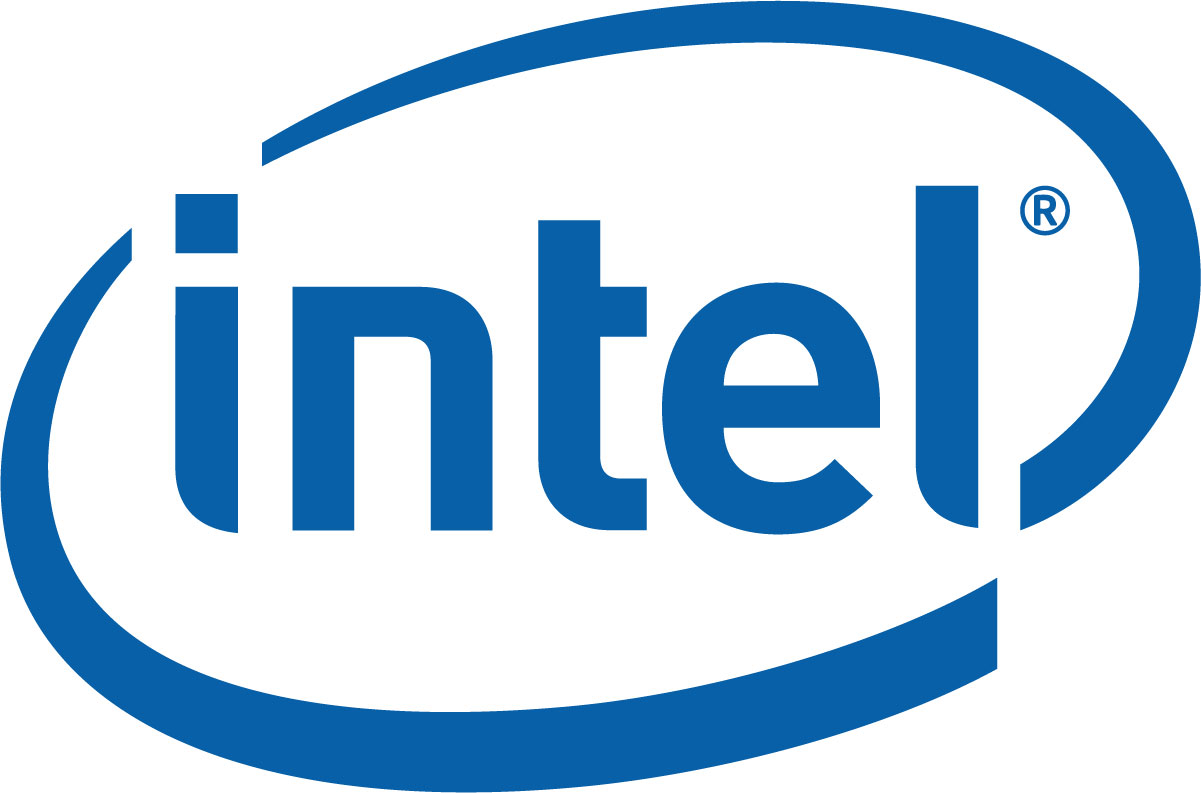Intel Downplays the Tablet in Order to Promote the Ultrabook
Is Intel flip-flopping on its tablet tune? I can still remember very well a concerned CEO Paul Otellini who promised that Intel would catch up on smartphones and especially tablets.
The company hired extra engineering and marketing talent specifically for tablets, ramped up its social campaigns with some employees trashing ARM processors, and now it appears that the interest in tablets has all but faded?
In a recent interview with PC World, Intel highlighted once again the advantage of ultrabooks over tablets as being content creation versus content consumption devices. The message is that tablets are nice to have, but if you have work that needs to get done, you need a notebook. Similarly, Intel has been describing tablets as "lean-back" devices, while notebooks are "lean-forward" devices. Imagine yourself with a tablet or a notebook sitting in a coffee shop and you can easily visualize the pitch.
For Intel, an ultrabook merges the worlds of the tablet and the notebook and offers the best of both worlds. Of course, that comparison only works if we ignore the fact that the big deal about the tablet is that it has successfully changed the user-interface from a physical keyboard to touch, while the user interface of the ultrabook is still similar to the one offered in the very first notebook - the Compaq LTE, which was released in 1989.
Intel will begin competing in the tablet space with the release of Windows 8 later this year. Intel's message may change again from being rather negative to much more positive until then.
For now, Intel seems to be concentrating on marketing the ultrabook as epic and cinematic as possible.
Get Tom's Hardware's best news and in-depth reviews, straight to your inbox.

Douglas Perry was a freelance writer for Tom's Hardware covering semiconductors, storage technology, quantum computing, and processor power delivery. He has authored several books and is currently an editor for The Oregonian/OregonLive.
-
scannall I can understand downplaying Windows tablets. What wretched and cludgy messes those were. Maybe they will do it right with Windows 8, now that someone else has shown the way.Reply -
fellskrazykayaker I'm sure that the margins on Ultrabook processors is bigger than for tablets/smartphones. Not to mention that Intel's CPU have yet to gain any real traction in the tablet/smartphone area yet.Reply -
rootheday The snarky tone of the second half of the article seems like the author is just being obtuse.Reply
Intel has clearly stated that their vision is that most ultrabooks released in the second half of the year will be touch enabled (e.g. for Win8). Additionally, Intel is working with OEMs on innovative convertible form factor designs such as the Samsung Slate (the device operates normally as a tablet but has "dock" capability for physical keyboard, etc) and Lenovo Yoga (convertible between clamshell notebook mode and tablet mode).
For what its worth, I am typing this from my Toshiba Sandy Bridge based ultrabook - I can tell you that even without touch/convertibility, the experience is quite a bit different than the Lenovo T420 I had before. I was a skeptic, but after a couple days, I realized that I carry my laptop in my hand rather than in a backpack when going to meetings. I don't bring my power cord with me.
Other than the iPad and the Kindle Fire, have any of the other dozens of "media/consumption" tablet models sold in large volumes? Maybe consumers want to have both the power and productivity of a laptop and the portability and touch interface of a tablet... and maybe they would rather have that in one device rather than two.
-
XmortisX I diffidently see tablets replacing laptops in the future maybe within 2-3 years. I know most laptops are more powerful but with being able to run powerful apps off the cloud, internet being everywhere and having NAND based storage it is more appealing in terms of cost, convenience and battery life. Little to no moving parts(yes I know some have SSD's in laptops) but you guys can't deny it...tablets are catching up in terms of hardware.Reply -
rantoc xmortisxI diffidently see tablets replacing laptops in the future maybe within 2-3 years. I know most laptops are more powerful but with being able to run powerful apps off the cloud, internet being everywhere and having NAND based storage it is more appealing in terms of cost, convenience and battery life. Little to no moving parts(yes I know some have SSD's in laptops) but you guys can't deny it...tablets are catching up in terms of hardware.Reply
You think the laptop just all of a sudden stops being developed? Sure they catch up to the standards set by the superior device 10 years later, but what have happened with what they are trying to catch up with in that time!? I don't mind tablets for casual surfing, but anything involving typing ect i don't see the pad as useful so in my eyes its more of a toy and it seems intel have understood that as well. -
XmortisX rantocYou think the laptop just all of a sudden stops being developed? Sure they catch up to the standards set by the superior device 10 years later, but what have happened with what they are trying to catch up with in that time!? I don't mind tablets for casual surfing, but anything involving typing ect i don't see the pad as useful so in my eyes its more of a toy and it seems intel have understood that as well.Reply
I never said laptops will be stopped now. But in next few years yes. Tablets will catch up the capabilities of laptop including connivance and less bulkiness of them. -
kawininjazx I think Laptops, Desktops, Netbooks, Ultrabooks, and Tablets can all live together in harmony, I don't think any of them will replace the other.Reply -
DjEaZy Intel Downplays the Tablet in Order to Promote the Ultrabook... an if intel wanna win this, they better get the start button back in windows 8....Reply -
eddieroolz Why this turnaround? At the current pricing, ultrabooks are nowhere near even the most expensive tablets.Reply
